Year 1
The English curriculum is built around the three interrelated strands of language, literature and literacy. Teaching and learning programs should balance and integrate all three strands. Together, the strands focus on developing students' knowledge, understanding and skills in listening, reading, viewing, speaking, writing and creating. Learning in English builds on concepts, skills and processes developed in earlier years, and teachers will revisit and strengthen these as needed.
In Year 1, students communicate with peers, teachers, known adults and students from other classes.
Students engage with a variety of texts for enjoyment. They listen to, read, view and interpret spoken, written and multimodal texts designed to entertain and inform. These encompass traditional oral texts including Aboriginal stories, picture books, various types of stories, rhyming verse, poetry, non-fiction, film, dramatic performances and texts used by students as models for constructing their own texts.
The range of literary texts for Foundation to Year 10 comprises Australian literature, including the oral narrative traditions of Aboriginal and Torres Strait Islander Peoples, as well as the contemporary literature of these two cultural groups, and classic and contemporary world literature, including texts from and about Asia. Literary texts that support and extend Year 1 students as independent readers involve straightforward sequences of events and everyday happenings with recognisably realistic or imaginary characters. Informative texts present a small amount of new content about familiar topics of interest and topics being studied in other areas of the curriculum. These include decodable and predictable texts which present a small range of language features, including simple and compound sentences, some unfamiliar vocabulary, a small number of high-frequency words and words that need to be decoded phonically, as well as illustrations and diagrams that support the printed text.
Students create a variety of imaginative, informative and persuasive texts including recounts, procedures, performances, literary retellings and poetry.
(source: www.australiancurriculum.edu.au)
Achievement Standard
Receptive modes (listening, reading and viewing)
By the end of Year 1, students understand the different purposes of texts. They make connections to personal experience when explaining characters and main events in short texts. They identify that texts serve different purposes and that this affects how they are organised. They describe characters, settings and events in different types of literature.
Students read aloud, with developing fluency. They read short texts with some unfamiliar vocabulary, simple and compound sentences and supportive images. When reading, they use knowledge of the relationship between sounds and letters, high-frequency words, sentence boundary punctuation and directionality to make meaning. They recall key ideas and recognise literal and implied meaning in texts. They listen to others when taking part in conversations, using appropriate language features and interaction skills.
Productive modes (speaking, writing and creating)
Students understand how characters in texts are developed and give reasons for personal preferences. They create texts that show understanding of the connection between writing, speech and images.
They create short texts for a small range of purposes. They interact in pair, group and class discussions, taking turns when responding. They make short presentations on familiar topics. When writing, students provide details about ideas or events, and details about the participants in those events. They accurately spell high-frequency words and words with regular spelling patterns. They use capital letters and full stops and form all upper- and lower-case letters correctly.
(source: www.australiancurriculum.edu.au)
- Plus Plan
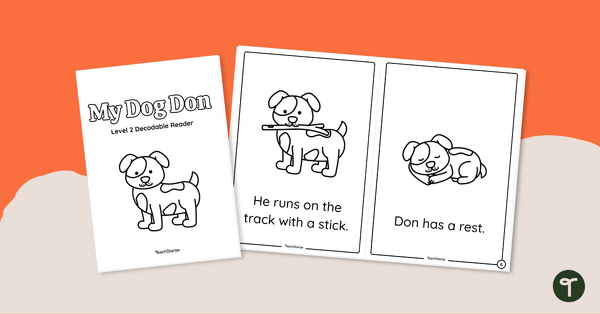
My Dog Don - Decodable Reader (Level 2)
Develop confident, successful readers with this phonics-based, printable decodable book.
- Plus Plan
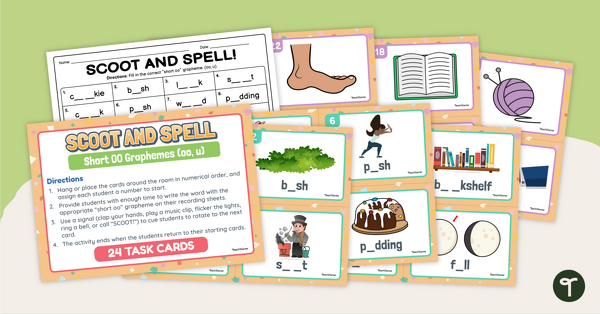
Short OO Graphemes - SCOOT! Task Cards
Explore words containing graphemes that make the ‘short oo’ sound with this active classroom game that will get your students moving!
- Free Plan
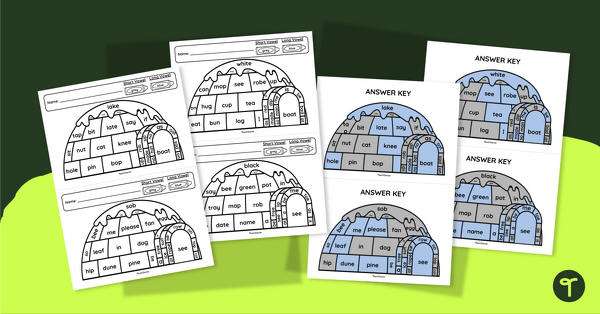
Colour By Vowel Sound - Winter Worksheet
Use a chilly colour by vowel sound worksheet to bring a bit of Winter into the classroom this season.
- Plus Plan
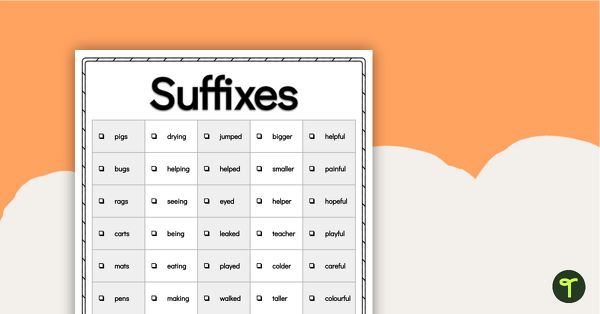
Word Study List - Suffixes
Introduce and explore common suffixes with this extensive list of words.
- Plus Plan
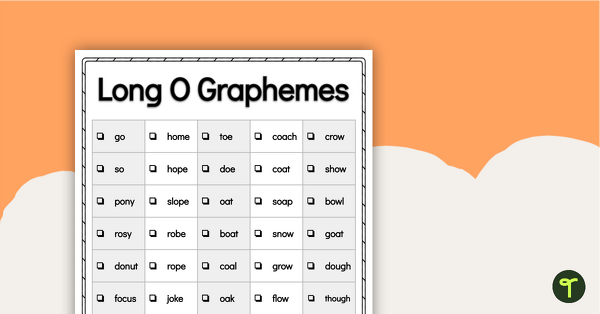
Word Study List - Long O Graphemes
Introduce and explore words containing graphemes that make the ‘long o’ sound with this extensive list of words.
- Plus Plan
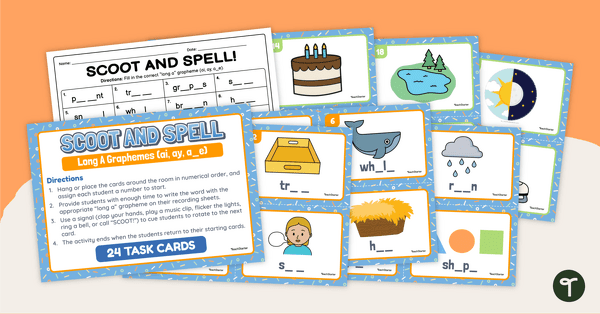
Long A Graphemes - SCOOT! Task Cards
Explore words containing graphemes that make the ‘long a’ sound with this active classroom game that will get your students moving!
- Plus Plan
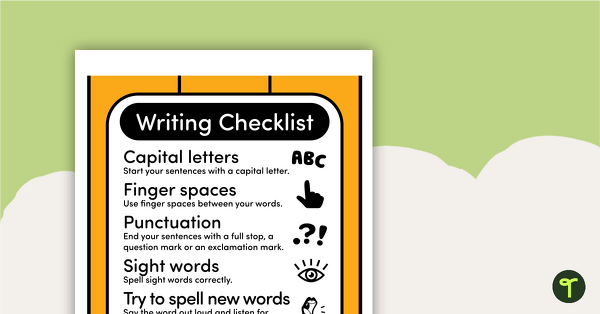
General Writing Checklist Poster for the Classroom
A pencil-themed writing checklist poster.
- Plus Plan
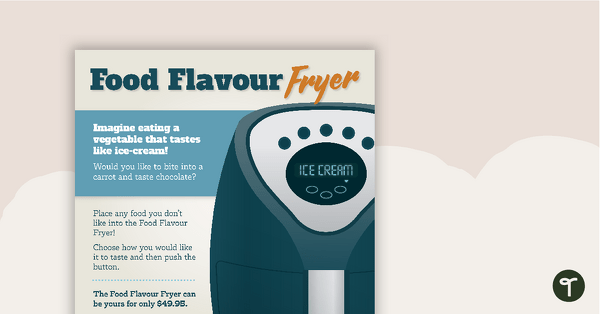
Food Flavour Fryer – Worksheet
A comprehension worksheet for a fake advertisement from the Year 1 magazine (Issue 2).
- Plus Plan
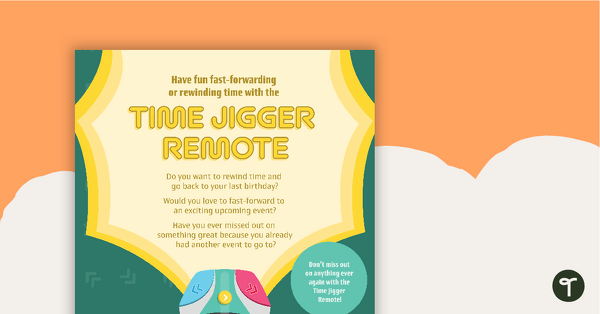
Time Jigger Remote – Worksheet
A comprehension worksheet for a fake advertisement from the Year 2 magazine (Issue 2).
- Plus Plan
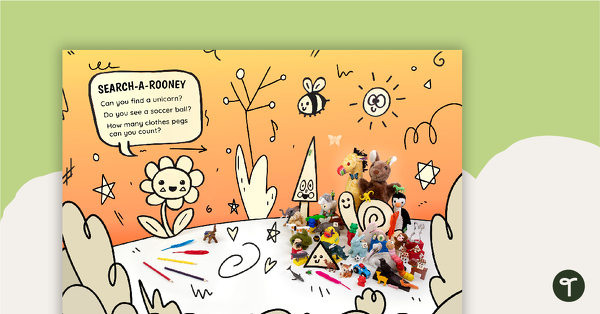
Search-a-Rooney 2 – Comprehension Worksheet
A comprehension worksheet for a image stimulus poster where students need to locate objects and characters.
- Plus Plan
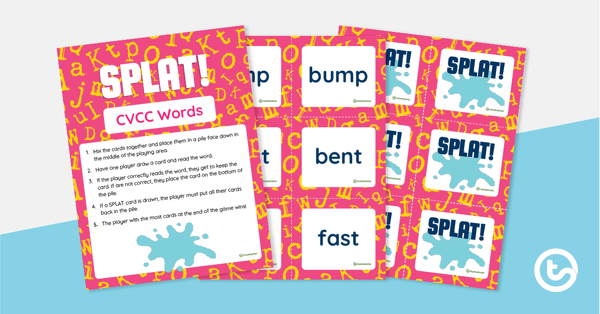
SPLAT! CVCC Word Game
A set of 36 task cards to practise decoding CVCC words.
- Plus Plan
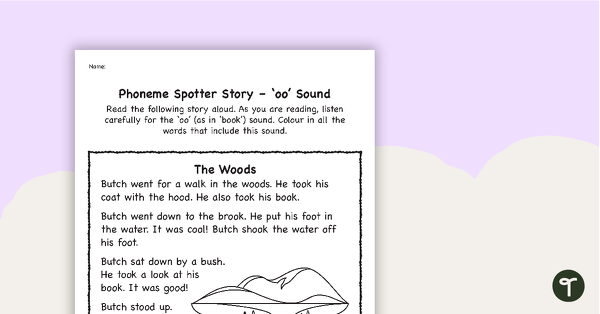
Phoneme Spotter Story – 'oo' Sound
A decodable text featuring various graphemes that make the ‘oo’ sound.
- Plus Plan
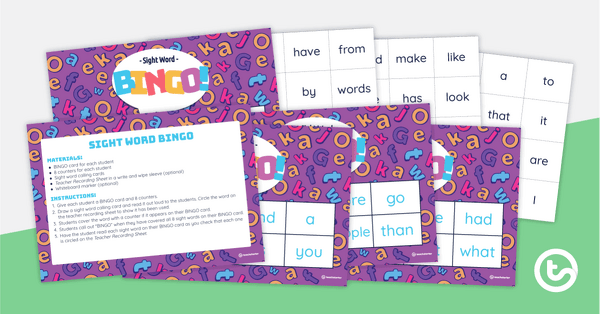
Sight Word BINGO (Fry Word List)
A set of 25 BINGO cards to practise reading the first 100 words on the Fry Sight Word List.
- Plus Plan
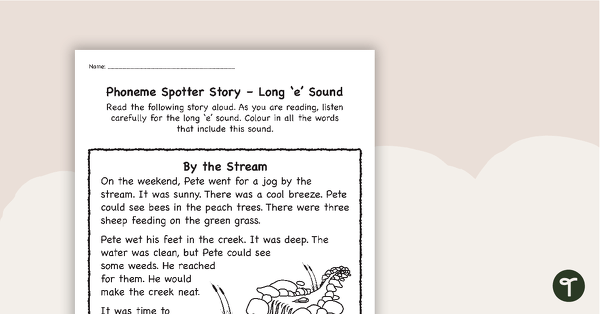
Phoneme Spotter Story – Long 'e' Sound
A decodable text featuring various graphemes that make the long 'e' sound.
- Plus Plan
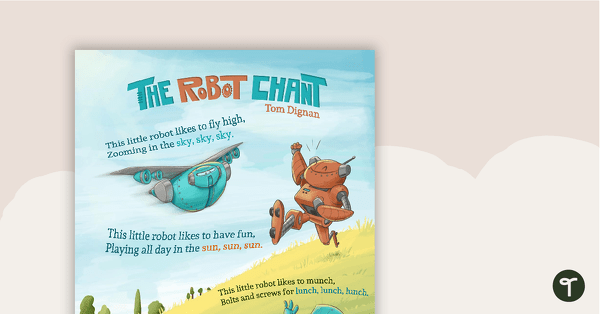
The Robot Chant – Comprehension Worksheet
A comprehension worksheet accompanying a rhyming chant about robots.
- Free Plan
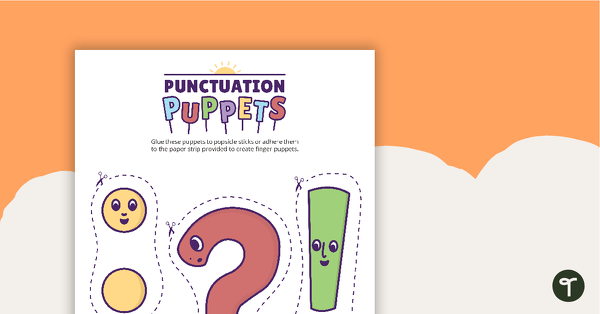
Punctuation Puppets
A range of different punctuation characters that can be cut out and used as puppets.
- Plus Plan
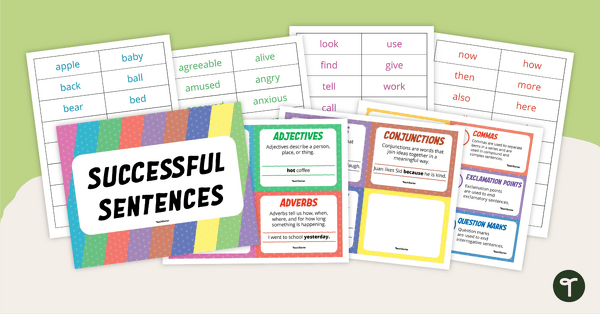
Successful Sentences – Sentence Construction Cards
Word cards for constructing complex sentences.
- Plus Plan
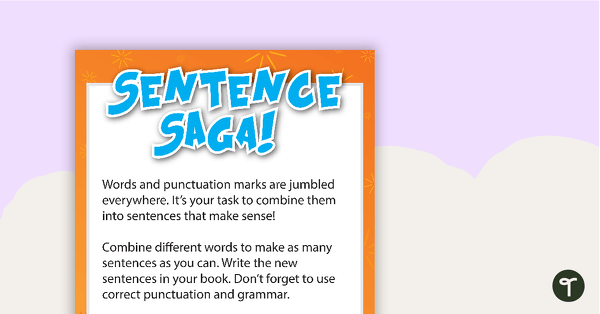
Sentence Saga Literacy Activity (Silly Sentences)
Words and punctuation marks are jumbled everywhere. It’s your task to combine them into sentences that make sense!
- Free Plan
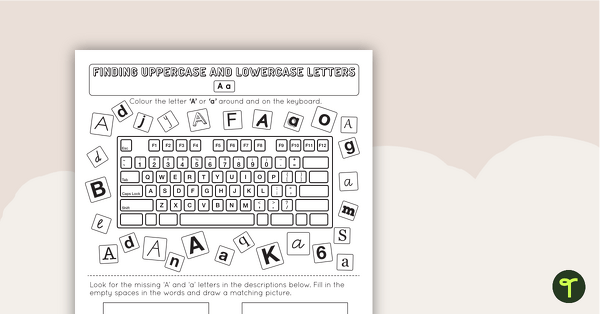
Recognising Uppercase and Lowercase Letters on a Keyboard Worksheet
A 26 page collection of worksheets (1 for each letter of the alphabet) to help students recognise uppercase and lowercase letters on a keyboard.
- Plus Plan
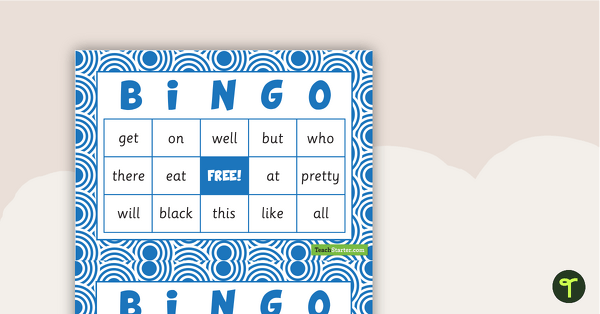
Dolch Sight Word Bingo – Primer
Sixteen different bingo cards using the Primer Dolch Sight Words.
- Plus Plan
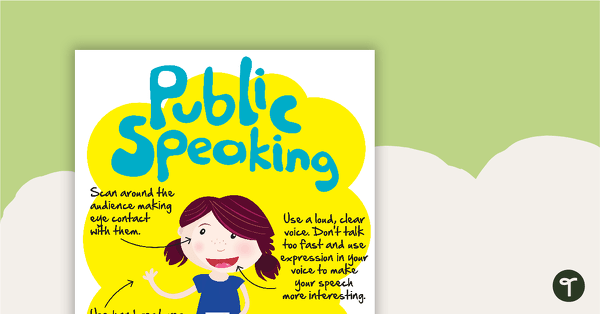
Public Speaking Poster
A poster giving tips on how to deliver an effective speech.
- Plus Plan
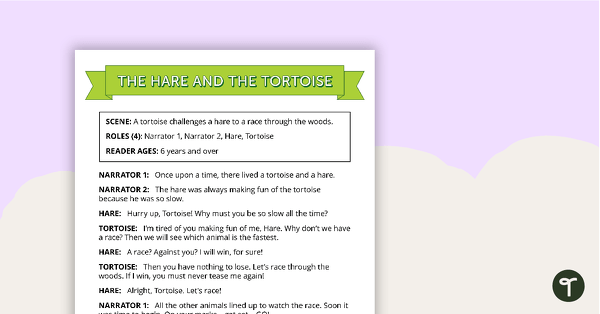
Comprehension - Hare and The Tortoise
A fun script and set of questions to help students develop reading and comprehension strategies.
- Plus Plan
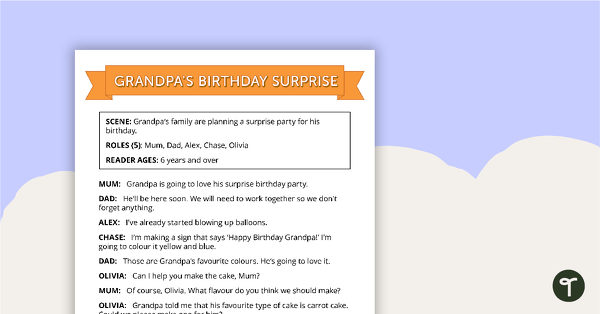
Comprehension - Grandpa's Birthday Surprise
A fun script and set of questions to help students develop reading and comprehension strategies.
- Plus Plan
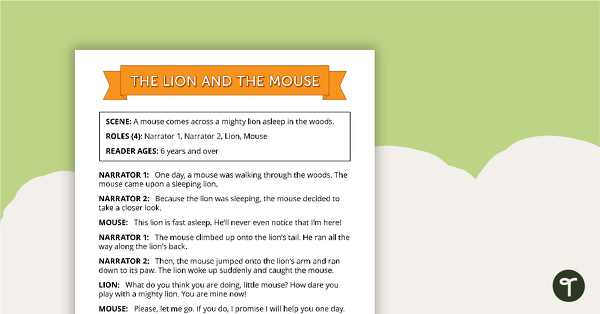
Comprehension - Lion and The Mouse
A fun script and set of questions to help students develop reading and comprehension strategies.
- Plus Plan
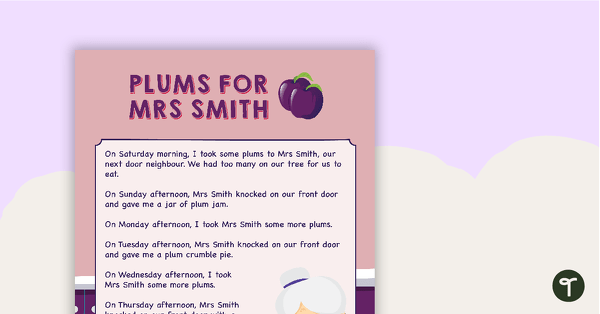
Comprehension - Plums For Mrs Smith
A comprehension activity using a recount for lower grades.
- Plus Plan
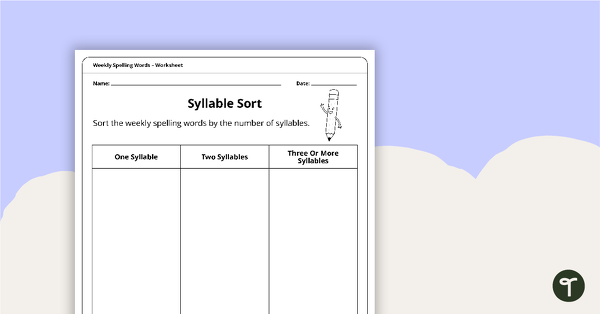
Generic Spelling Activity Worksheet Pack
A set of 6 generic spelling activity worksheets that can be used with any spelling list.
- Plus Plan
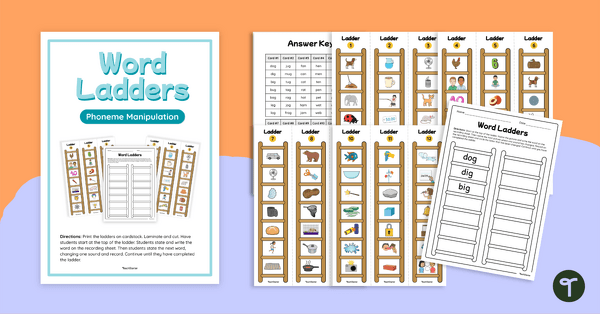
Sound Manipulation Word Ladder Activity
Develop your students' phonological awareness with this phoneme substitution word ladder activity.
- Plus Plan
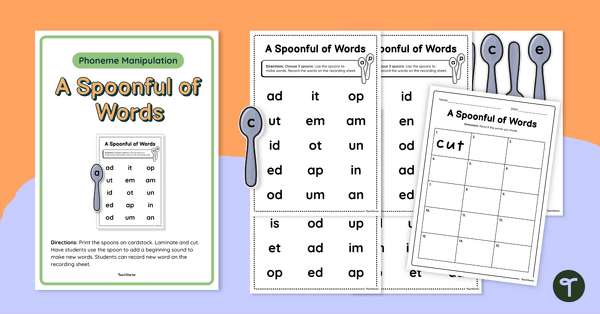
Manipulating Phonemes Activity
Help students practise manipulating phonemes with this manipulating phonemes activity - a spoonful of fun!
- Plus Plan
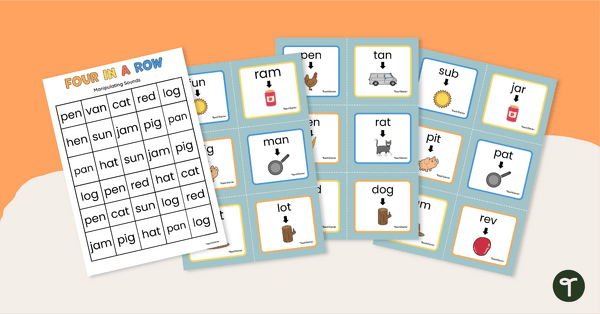
Manipulating Sounds Four in a Row Game
Explore phoneme manipulation with your students by creating new words by changing phonemes with this phoneme manipulation game.
- Plus Plan
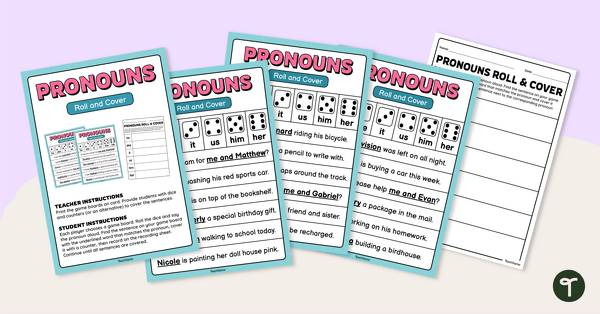
Personal Pronouns Roll and Cover Game
Use this pronouns game as a fun and collaborative way of learning about personal pronouns.
- Plus Plan
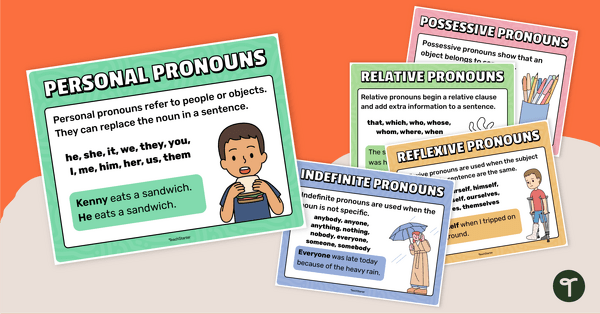
Pronouns Poster Pack
Display this set of 7 pronouns posters in your classroom to remind your students of the most common types of pronouns and their uses.
- Plus Plan
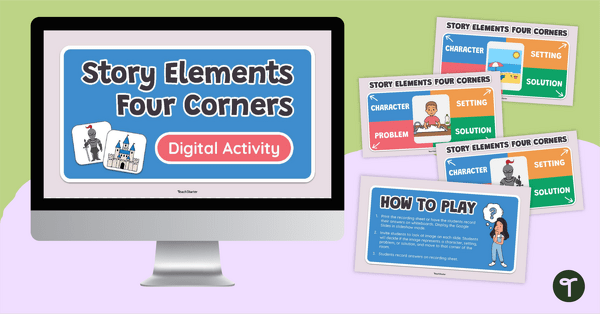
Story Elements Four Corners
Engage your students in exploring key story elements with this Four Corners activity!